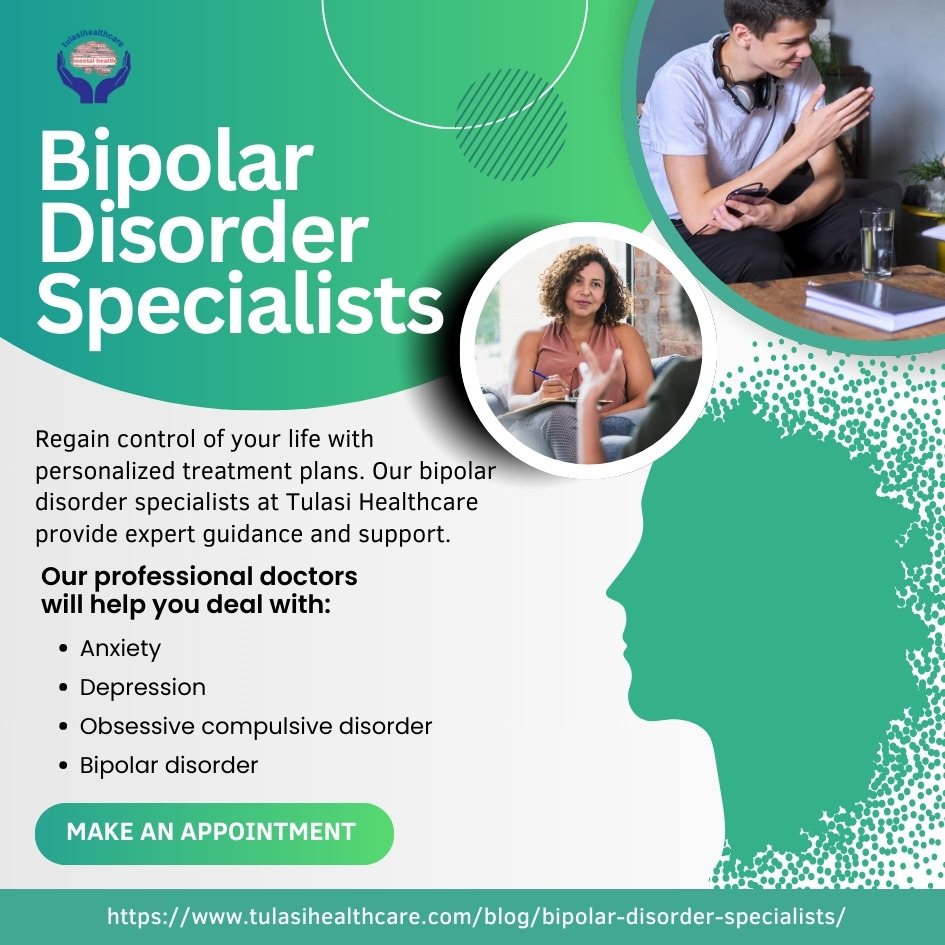The intricate connection between gut health and mental well-being is increasingly recognized as a critical factor in overall health. Often referred to as the "second brain," the gut plays a far more significant role than simply digesting food. It's a complex ecosystem teeming with trillions of bacteria, fungi, and other microorganisms, collectively known as the gut microbiome. This bustling community is not just involved in nutrient absorption; it also produces a variety of neurochemicals, including neurotransmitters like serotonin and dopamine, which are crucial for regulating mood, emotions, and even cognitive function. In fact, a significant portion of the body's serotonin, a key neurotransmitter linked to happiness and well-being, is produced in the gut, not the brain.
When the delicate balance of this gut microbiome is disrupted, a condition known as dysbiosis, it can have profound effects on mental health. An overgrowth of harmful bacteria or a lack of beneficial bacteria can lead to a leaky gut, where the gut lining becomes permeable, allowing toxins and undigested food particles to enter the bloodstream. This triggers inflammation throughout the body, including the brain, which can contribute to a range of mental health issues. Studies have shown a strong correlation between gut dysbiosis and conditions like anxiety, depression, and even cognitive impairments such as difficulty concentrating or memory problems. The gut-brain axis, a complex communication network between the gut and the brain, is thought to be the primary pathway through which these effects manifest. Inflammation in the gut can send signals to the brain, altering its function and impacting mood and behavior.
Nurturing a healthy gut microbiome is therefore essential for mental well-being. Incorporating probiotic-rich foods into your diet is a great way to introduce beneficial bacteria into the gut. Yogurt with live and active cultures, kefir, sauerkraut, kimchi, and other fermented vegetables are excellent sources of probiotics. Prebiotics, on the other hand, are non-digestible fibers that act as food for the good bacteria already present in your gut, helping them thrive. Foods like garlic, onions, bananas, asparagus, and Jerusalem artichokes are rich in prebiotics. A diet abundant in fiber from fruits, vegetables, and whole grains also supports a diverse and healthy gut microbiome.
To read more: https://www.tumblr.com/tulasir....ehabilitationcentre3
